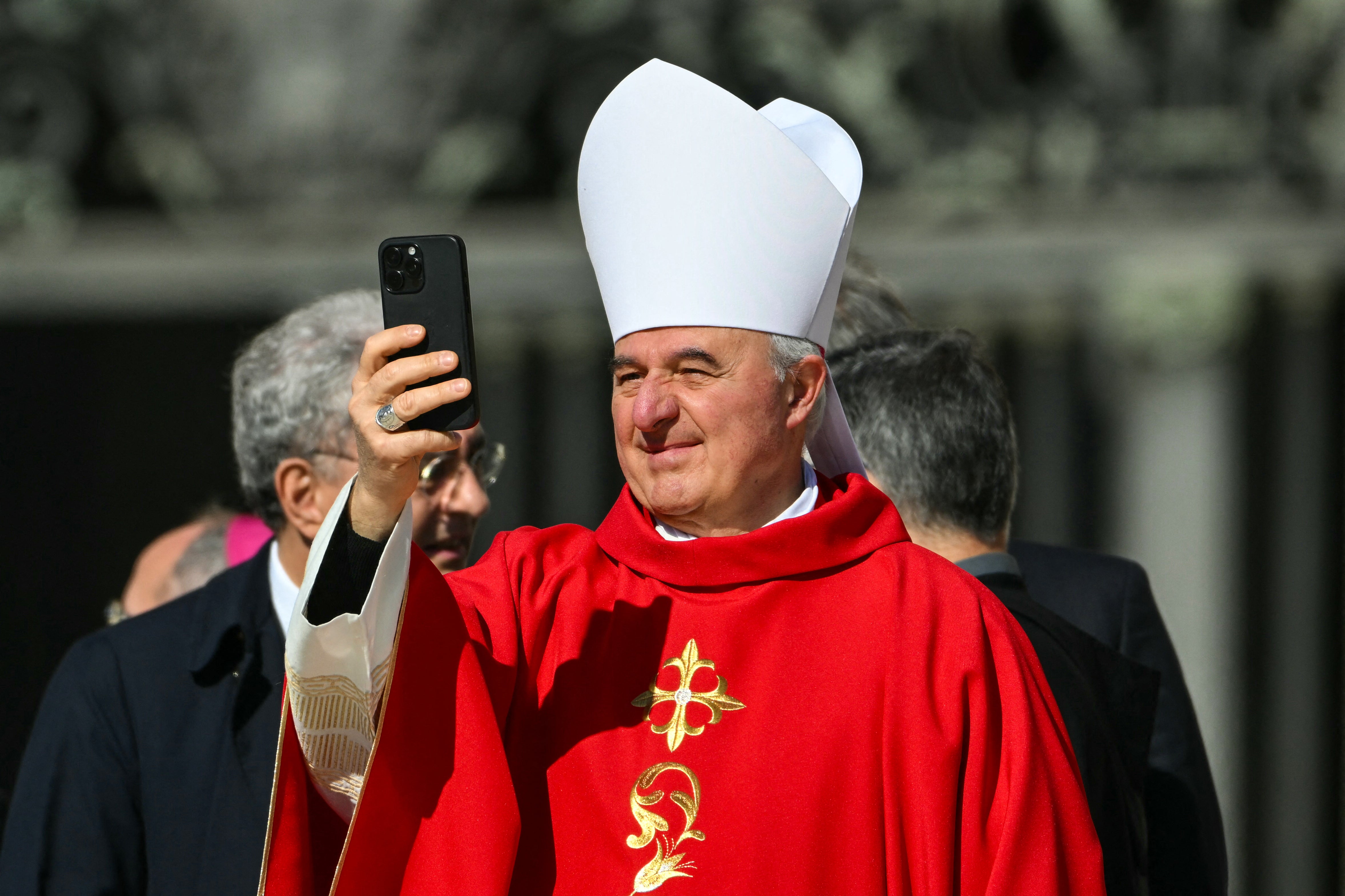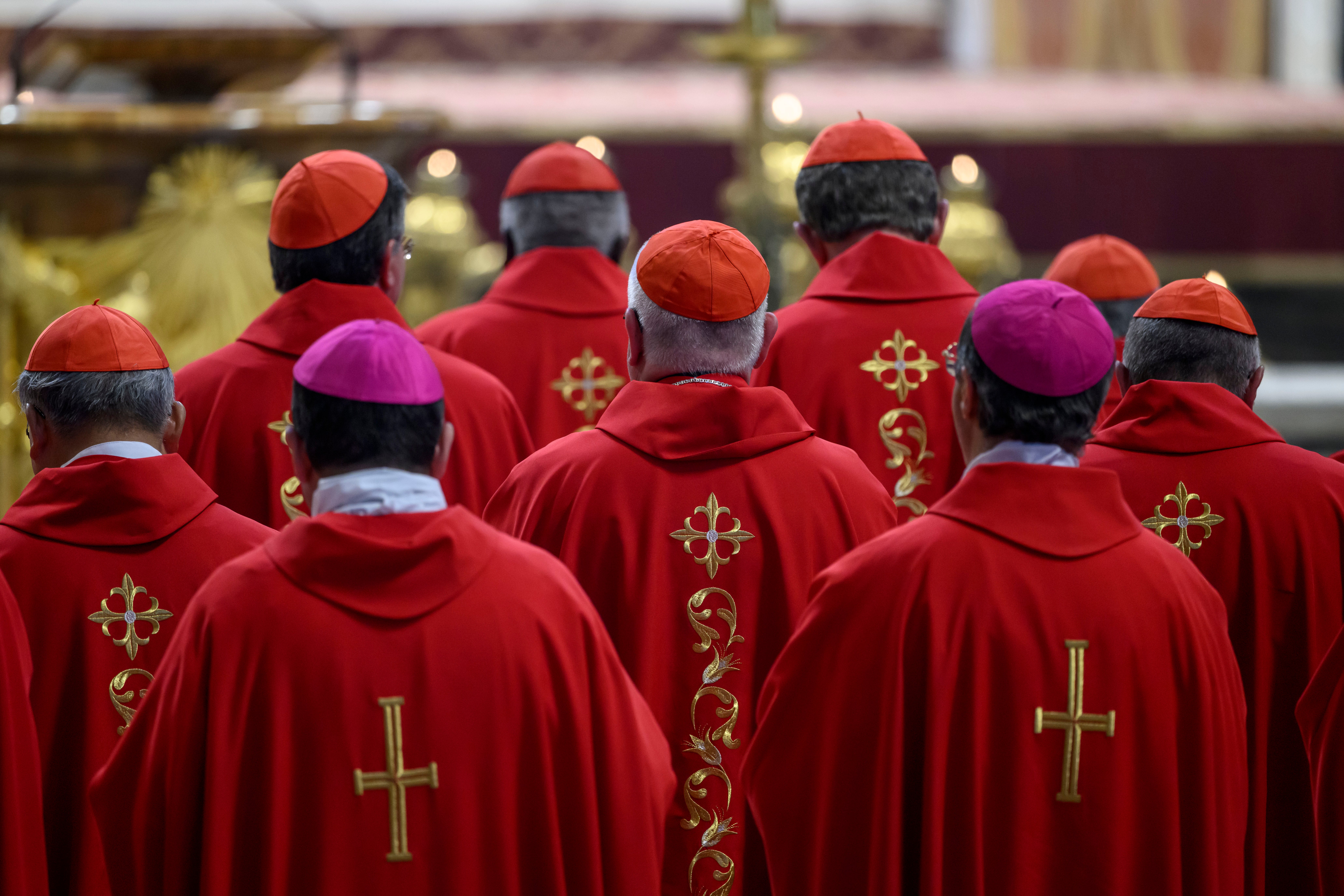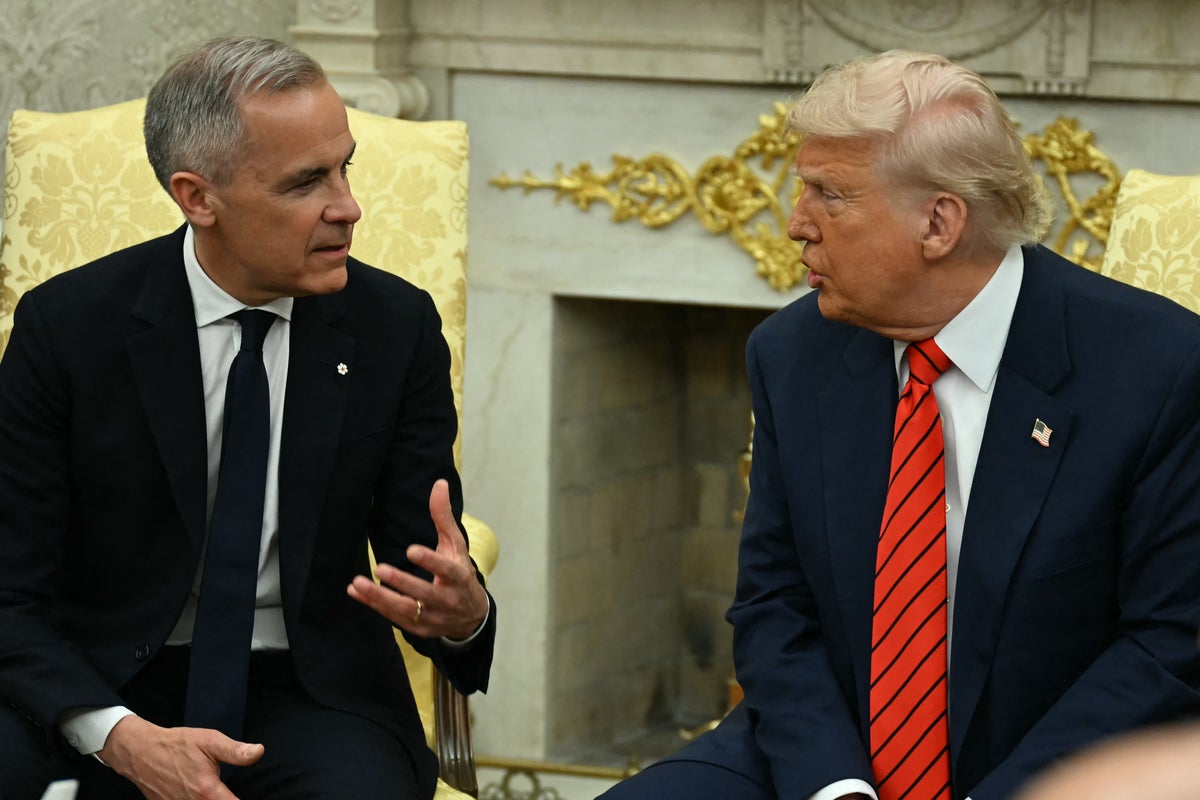Conclave officials, cleaners and cooks take oath of secrecy
Support staff from clerics and confessors to drivers, cooks and cleaners have taken an oath of secrecy ahead of the Papal Conclave.
About 100 staff who will support the cardinals during their conclave took oaths of secrecy on Monday in the Pauline Chapel at the Vatican, spokesperson Matteo Bruni said.
Those staff include cooks, cleaners, doctors, nurses, elevator operators and drivers tasked with transporting the cardinals from their residence to the Sistine Chapel.
Clerics and confessors who speak several languages were also amongst the staff, who all face automatic excommunication from the church if they break the vow.
The 133 cardinals taking part in the conclave will take their oaths in the Sistine Chapel on Wednesday, before they cast their first ballots.
Rachel Clun6 May 2025 12:21
Vatican to cut phone signal during conclave to elect new pope
The Vatican will confiscate all of the cardinals’ mobile phones and plans to use signal jamming technology around the Sistine Chapel and the cardinals’ residences to prevent outside interference during the conclave.
Vatican spokesman Matteo Bruni initially said on Monday that cardinals would be asked to leave their mobile phones at their Vatican residence Santa Marta, but hours later he said that they would hand their phones over and only get them back at the end of the conclave.

The Vatican also plans to use signal jamming around the Sistine Chapel and the residences to prevent electronic surveillance or communication outside the conclave, with the Vatican gendarmes overseeing the security measures.
But Bruni said the matter went “beyond just technical questions”.
Rachel Clun6 May 2025 12:17
How will the conclave work?
The 133 cardinals of voting age (under the age of 80) who are able to attend will gather inside the Sistine Chapel, where they will be unable to communicate with outsiders until the next pope is chosen.

Rounds of voting will be held amid discussions and meetings to decide who is best placed to run the Catholic Church.
A pope is only elected when a single candidate receives a two-thirds majority. Sometimes this happens quickly if a strong candidate emerges, but conclaves can also run for a long time – the longest Papal Conclave took the best part of three years, in the late thirteenth century.
When a candidate has finally won the two-thirds majority, the candidate – who will be one of the cardinals gathered in the conclave – will be called to the front of the chapel and asked if they are willing to accept the task. If the answer is yes, the new pope then chooses his papal name.
Rachel Clun6 May 2025 12:12



